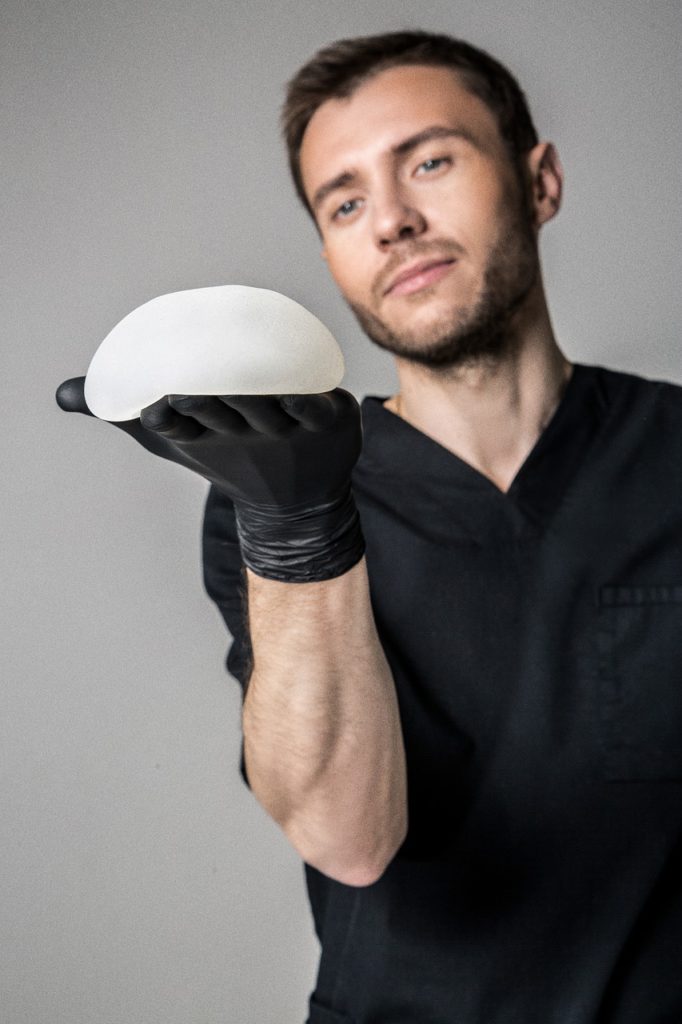When it comes to finding tips for choosing a cosmetic surgeon, there has never been a better time.
The internet and digital marketing have transformed the ability to research and discover cosmetic surgeons across the world who specialise in the type of operation or procedure you are contemplating.
Along with reviews and testimonials, there are hundreds of forums and chat rooms where women (and men) who have had cosmetic procedures can swap notes and discuss the skill and professionalism of the doctors and staff involved.
These also enable you to find out about the cleanliness of the clinic or hospital, the cost and all the other factors which help you to decide who you are going to use for your own cosmetic needs.
As an example, one of the most underrated aspects of undergoing any cosmetic surgery procedure is that of checking out the facilities used for the surgery.
The best facilities have an airflow system that uses different pressures in sections of the operating theatre environment to direct air from the operating environment to the outside spaces. This prevents air that may be contaminated from seeping into the sterile theatre areas.

The differing airflow is achieved with a system of ducting and air compressor service vents which allow stale air to be evacuated constantly.
The air compressor systems in a well-run hospital will be maintained to exceptional standards and filtration would be in accordance with the highest regulations.
Airborne contaminants are one of the major causes of infection in postoperative situations – so this is something well worth looking at when you check out your intended clinic or hospital facility
Whether you are looking for breast augmentation, natural breast implants – even teardrop implants or man boobs surgery, these tips might save you a lot of misery and heartache:
1. Find out if the surgeon is certified by the medical board
Surgeons recognized by the medical board or council of the country they practice in are highly trained and skilled in plastic surgery. The usual rate of complications for medical board-certified plastic surgeons is lower and far superior compared to doctors without accreditation.
Plastic surgeons must be accredited by a relevant specialist professional body and have:
A degree from an approved medical school
Completed a minimum of 3-years of general operations successfully
Successfully completed a 2-3 year plastic surgery residency program
Have been in professional practice for at least 2 years after the residence
Passed different oral and written specialist tests and examinations
A Medical Board would supervise and establishes stringent requirements for training and continuity. If a doctor is certified, you can readily check by contacting the board.
2. Surgeon record check
You can go to the health centre of your state to see whether the surgeon is allowed to practice and find any disciplinary action taken in that state against the practitioner. To get this information from the board, usually, a request must be submitted by mail or online – but it’s always worth the hassle.
3. Ensure the operation is performed in an accredited facility.
Any board of governance requires its members to operate on certified premises during any medical procedure. During the accreditation, Operating rooms and other facilities are checked to ensure that they meet rigorous standards of equipment, staff and room safety. To acquire and retain this accreditation, the facility must comply with many requirements set by national and federal guidelines.
4. Ask if the surgeon has privileges for the hospital.
This is a simple method for checking the skills of a surgeon. In advance of granting the use of medical facilities, hospitals conduct extensive background tests and examinations of providers. Thus, the privileges of a well-known hospital will prove that the surgeon is properly qualified and competent.
5. Ask detailed questions
Asking specific questions of the surgeon is the most accurate way of finding out whether you fully trust their competence and skill – some of the questions to ask include:
When did the surgeon first start to perform this procedure regularly? ie. experience?
How many years of cumulative experience in plastic surgery does your surgeon have?
Is anyone else going to help with the procedure? If so, what training, Updates and experience do they have? What are their qualifications and where did they obtain them?
What specific techniques will be applied? Why are they using these over other techniques?
Does your surgeon have medical liability and malpractice cover?
Who will control and monitor the use of sedation and anaesthesia? Again, what are training, updates and experience do they have? What are their qualifications and where did they obtain them?
In the event of a problem, what plans are in place for emergencies?
What can I expect from the outcomes?
Has your surgeon had any complications from this operation? If so – what were they – and how were they resolved?
How are the costs met should this happen?
6. Make sure you have the right plastic surgeon for the cosmetic surgery you are contemplating.
Sounds simple – right? A consultation is a great opportunity for the cosmetic surgeon and you to run through everything. Look at the surgeons’ overall conduct in the course of the consultation. Do they give professional, qualified, and detailed answers to questions? During your consultation, does the surgeon take time to answer your queries or do they seem rash And gloss over things? Are you sure you trust this person with the cosmetic procedures you have in mind?
During the consultation, the mannerisms and temperament of the surgeon are good indicators of how the physician may perform during and after surgery.
7. Pricing
The old adage of “if the price seems too good to be true it probably is” is never more important than with plastic surgery.
Seemingly cheap plastic surgery can be highly expensive if there is a problem or complications arise.
Sometimes a hospital will offer a group booking for a particular procedure with a particular surgeon on specific dates and this can lead to discounts being given. It is worth checking for these deals.
Always look out for additional charges which may be excluded from the price quoted, or charged after the procedure.
Be careful of plastic surgeons using an old non-compliant systems where shortcuts are taken in procedures and facilities.
Check that the surgeon is using currently compliant implants. Some have been known to reduce the price by making use of out of date or discontinued implants or medicines.
Check that the doctor you consulted with is the one that will be doing your procedure and that it will not be passed onto a locum or colleague for the actual operation.
Be careful of pricing which is geared to “sales techniques” to bring in hordes of patients. Patient safety may be compromised because of overbooking
8. Revisions before and after photographs
Take careful note when looking at before and after photographs of “real” procedures in advertisements, albums at the consulting rooms, and in any correspondence.
Ask for photo examples and testimonials of people of your own age and physique. It is pointless comparing photographs of a 30-year-old if you are in your 60s.
With the ability to alter photographs with Photoshop and other software you cannot be too careful.
9. Talk with previous patients
Finding out, from previous patients, their experiences and impressions of their own procedures is probably the best way of reassuring yourself of your decision.
Referrals and references from family and friends are always helpful. Forums and websites, like RealSelf, are a fantastic resource for researching and engaging with previous surgical patients to find out anything you need to know.
You cannot be too careful – and you cannot do enough research – take your time and trust your instincts.






